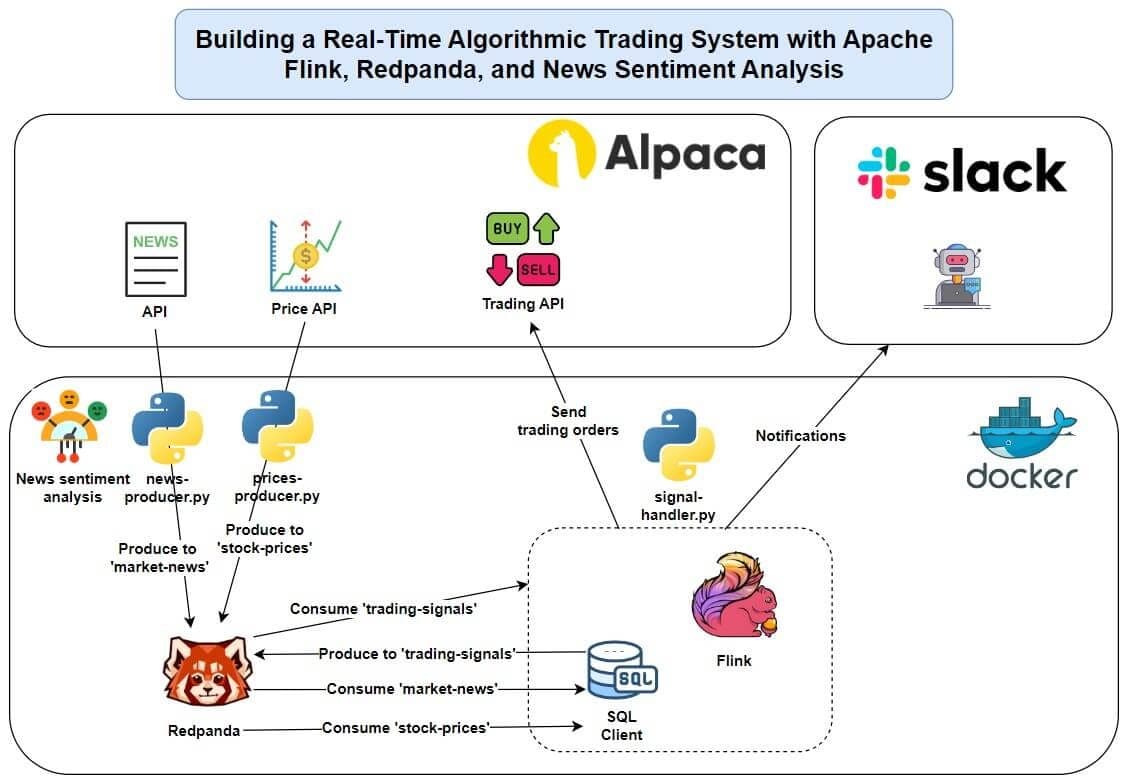Algorithmic Trading Reduces Stock Price Volatility by 0.817%, Highlighting "Algo-ception" in Markets

The term "Algo-ception," recently highlighted by user ALX 🇺🇸 on social media, encapsulates a growing phenomenon where algorithms intricately influence and react to one another, particularly within complex systems like financial markets and digital content platforms. A new study published in Scientific Reports reveals a significant impact of algorithmic trading (AT) on market stability, demonstrating that AT actively reduces stock price volatility. Specifically, the study found that for every unit increase in AT activity, the standard deviation of intraday returns decreased by 0.817%.
Algorithmic trading has revolutionized financial markets, with high-frequency trading (HFT) representing a subset characterized by its rapid execution speeds. These automated systems engage in complex interactions, with some "sniffing algorithms" designed to predict and react to the large orders placed by other algorithmic programs. While contributing to market liquidity, these interactions have also raised concerns about potential volatility, including events like flash crashes.
The research, focusing on the Chinese securities market, elucidates the mechanisms through which algorithmic trading mitigates volatility. It suggests that AT achieves this by reducing investor sentiment and herd behavior, which are often drivers of market fluctuations. The study attributes a quarter of the total effect to AT's influence on investor sentiment, achieved by automating decisions without human emotional bias, correcting mispricing, and segmenting large orders to prevent market impact.
Beyond finance, the concept of "Algo-ception" extends to the pervasive influence of content-generating algorithms in digital spaces. These systems, as discussed in a Literary Hub article, can shape user experiences by reinforcing existing preferences and potentially limiting exposure to diverse viewpoints. This creates a self-referential loop where algorithms "create you" by perpetuating past selves, raising questions about agency and identity in the digital age.
The increasing sophistication of these interconnected algorithms also presents challenges, including the "black box" nature of some systems where even designers may not fully understand their autonomous decision-making processes. As algorithms continue to evolve and interact, their collective impact on market dynamics and societal behavior remains a critical area of ongoing study and regulatory consideration.